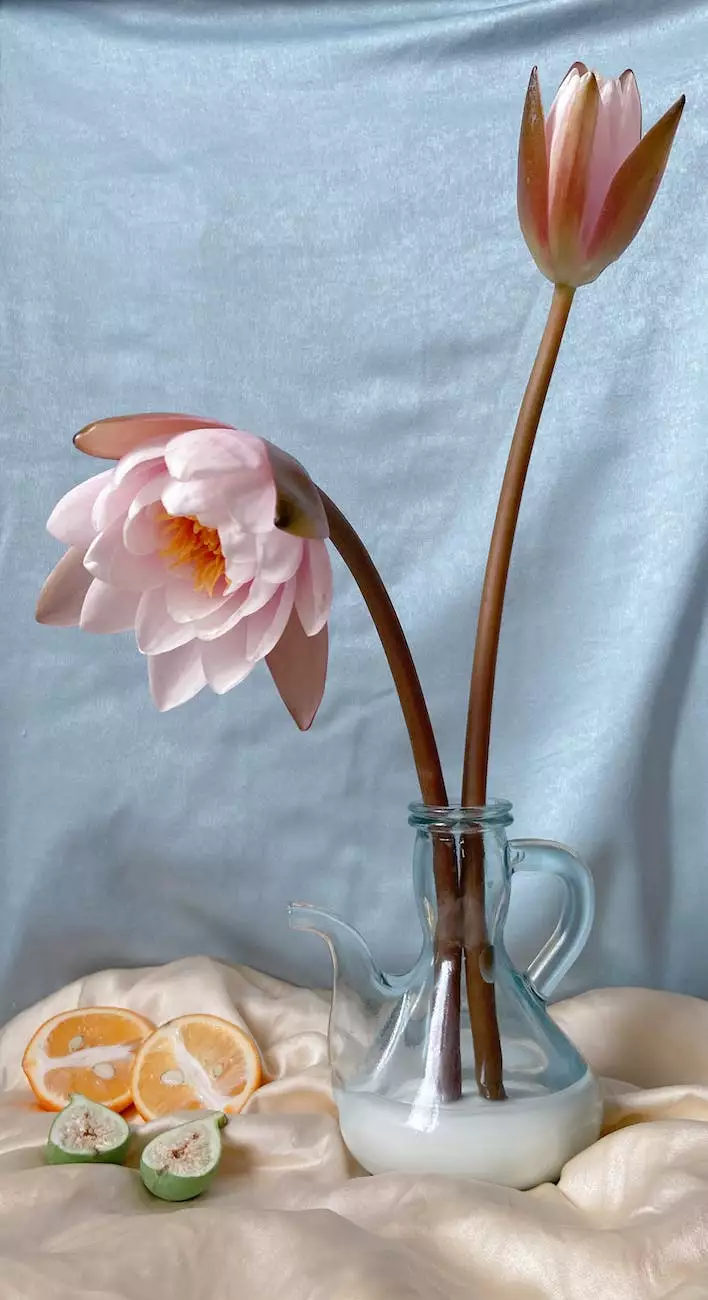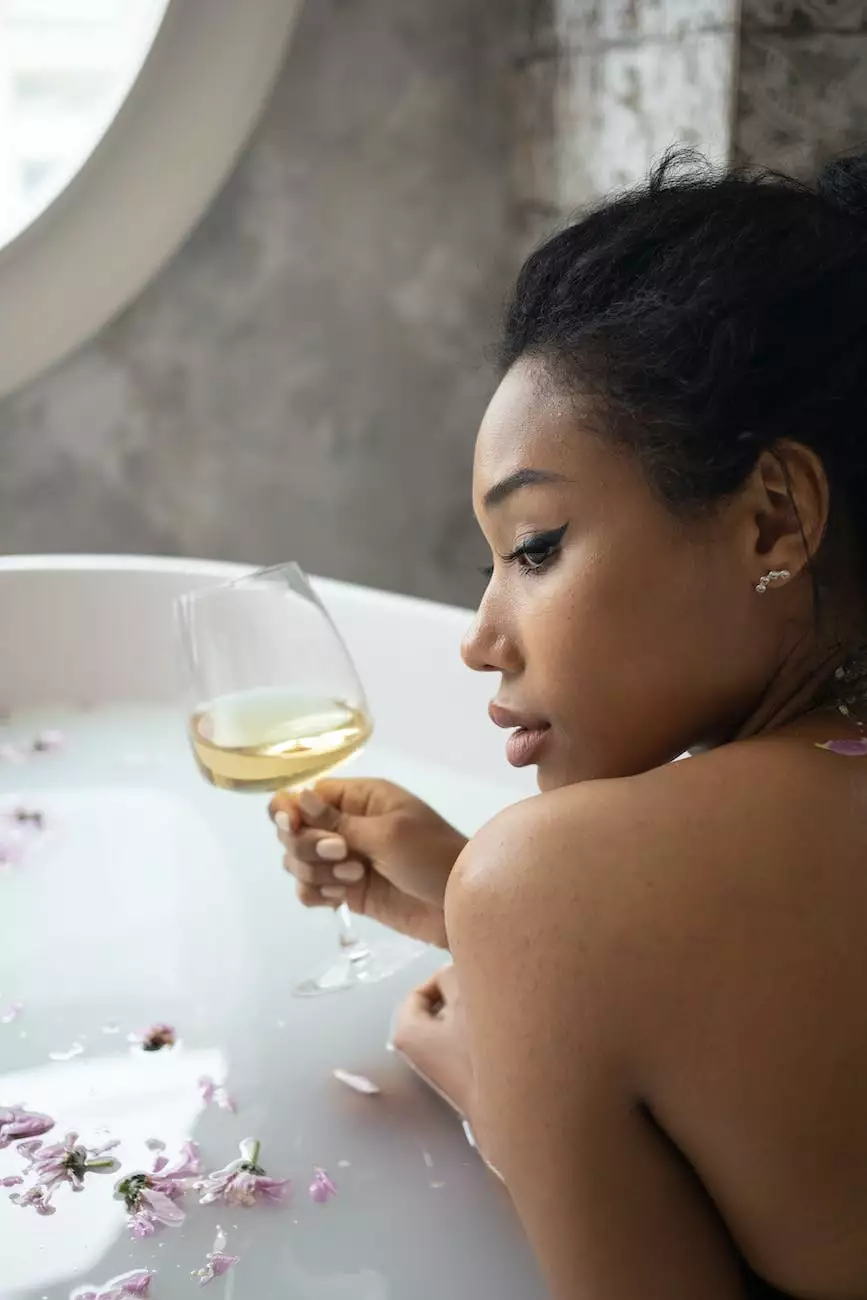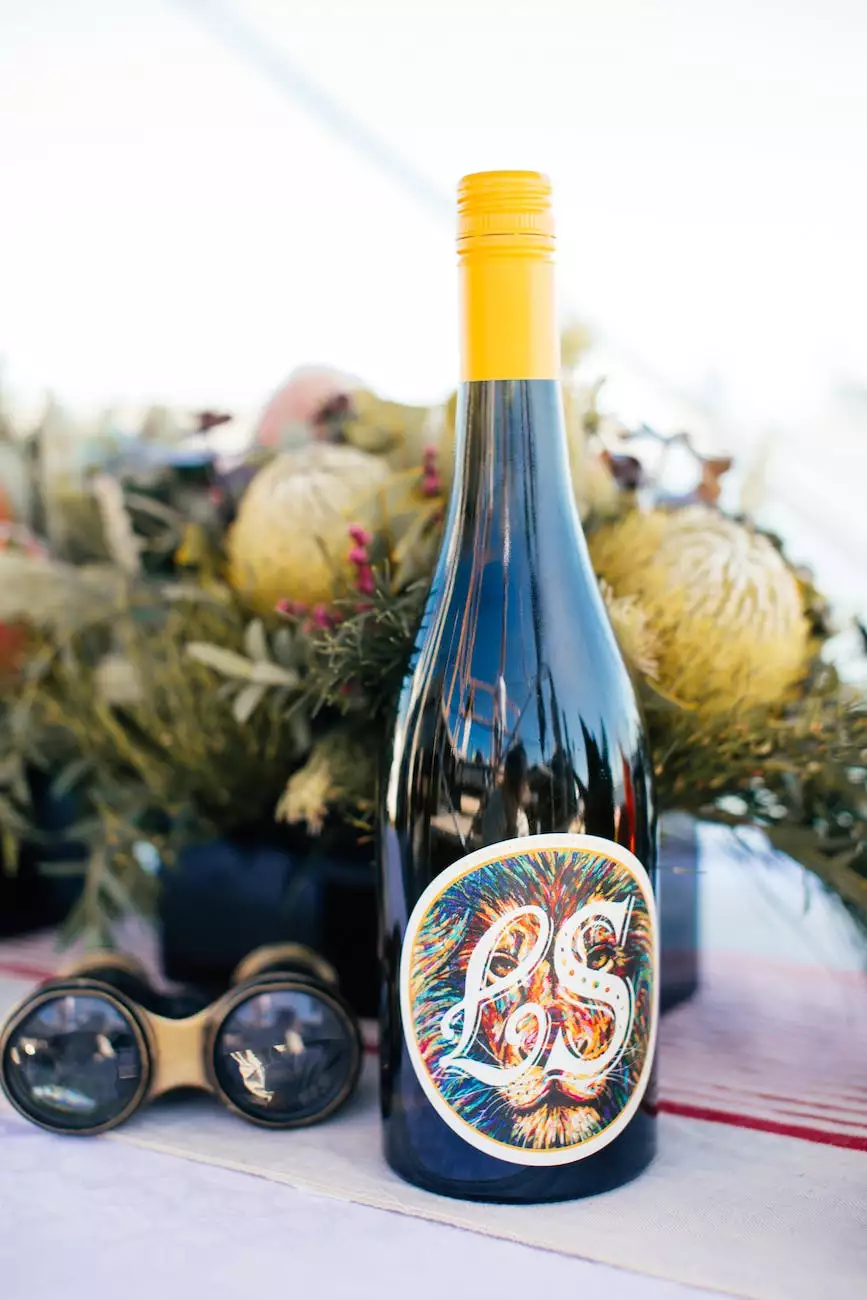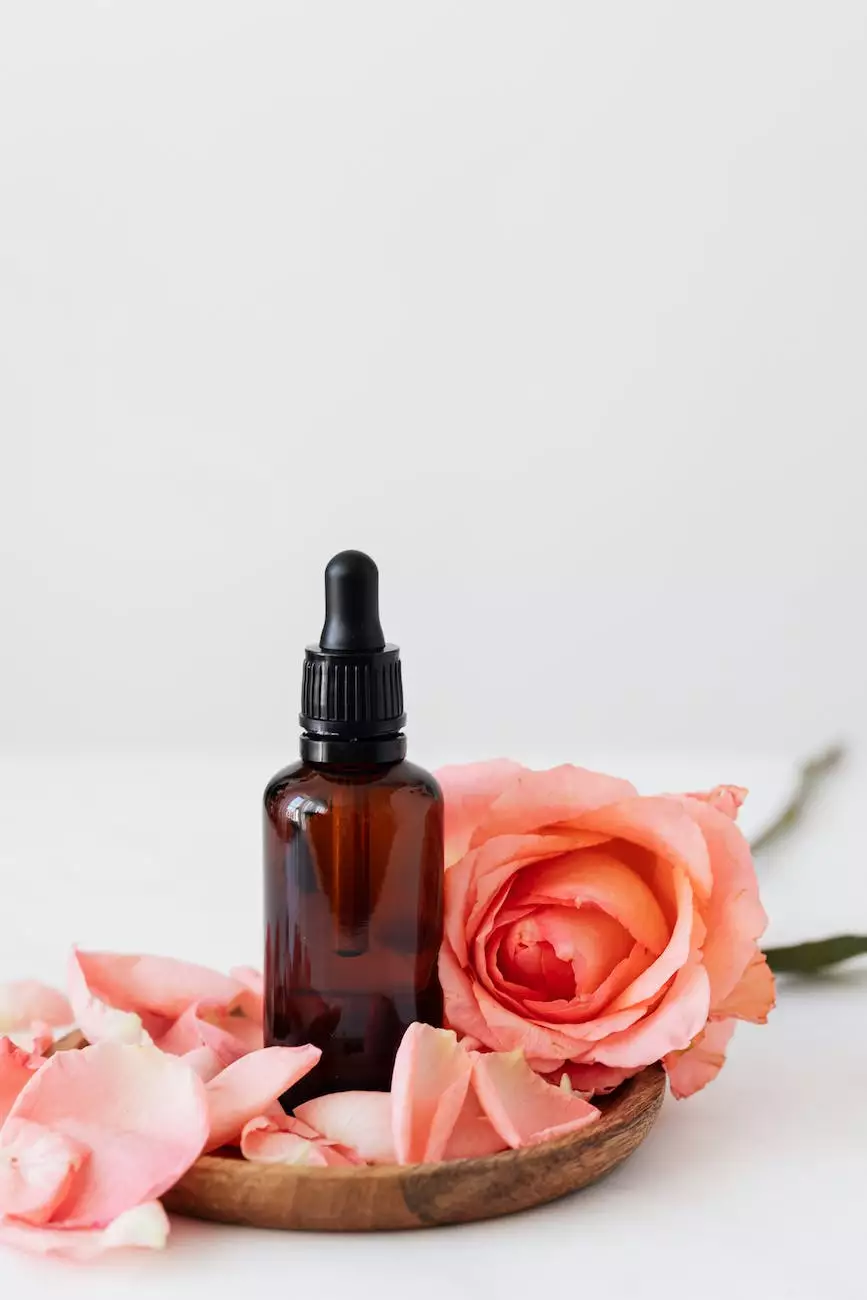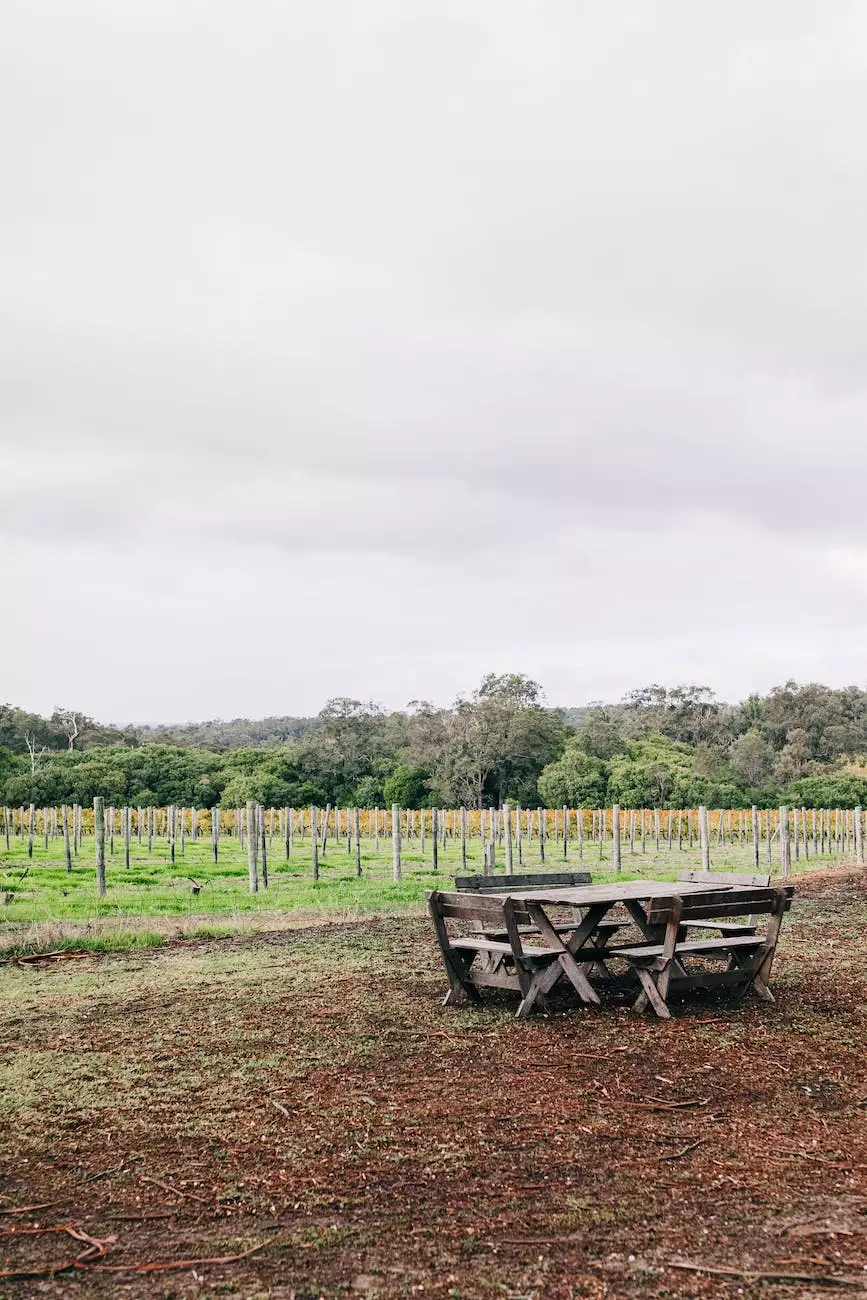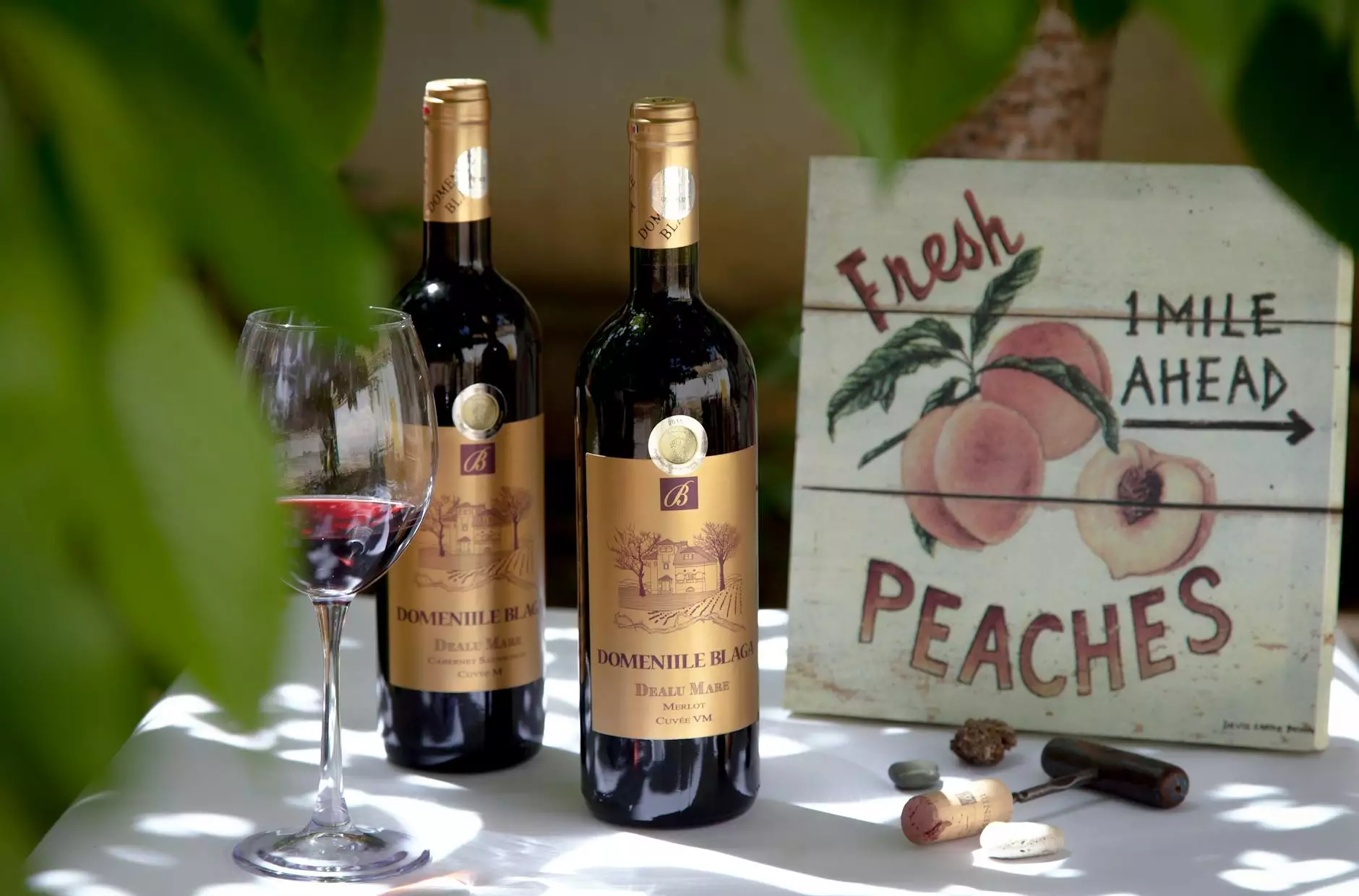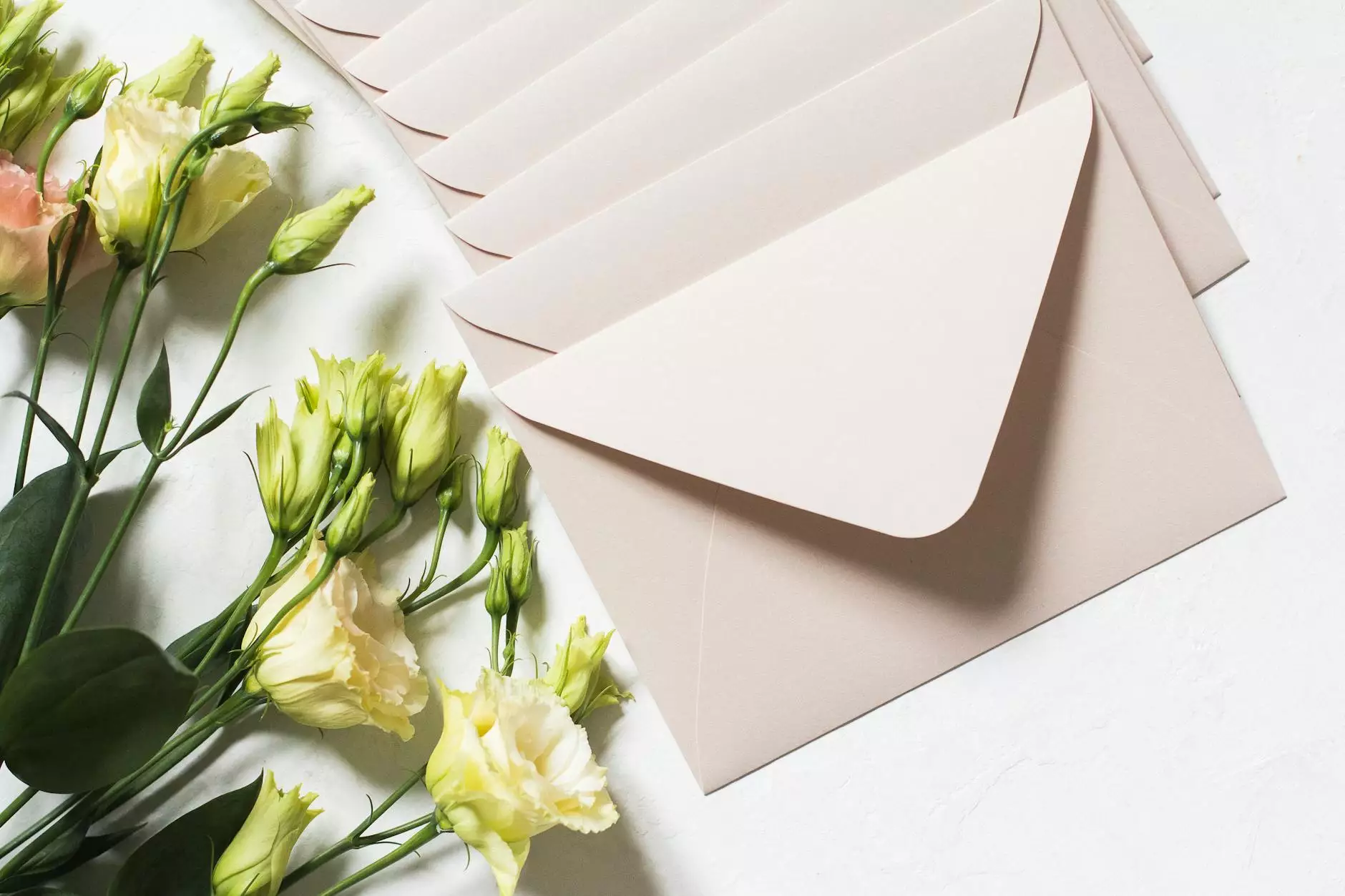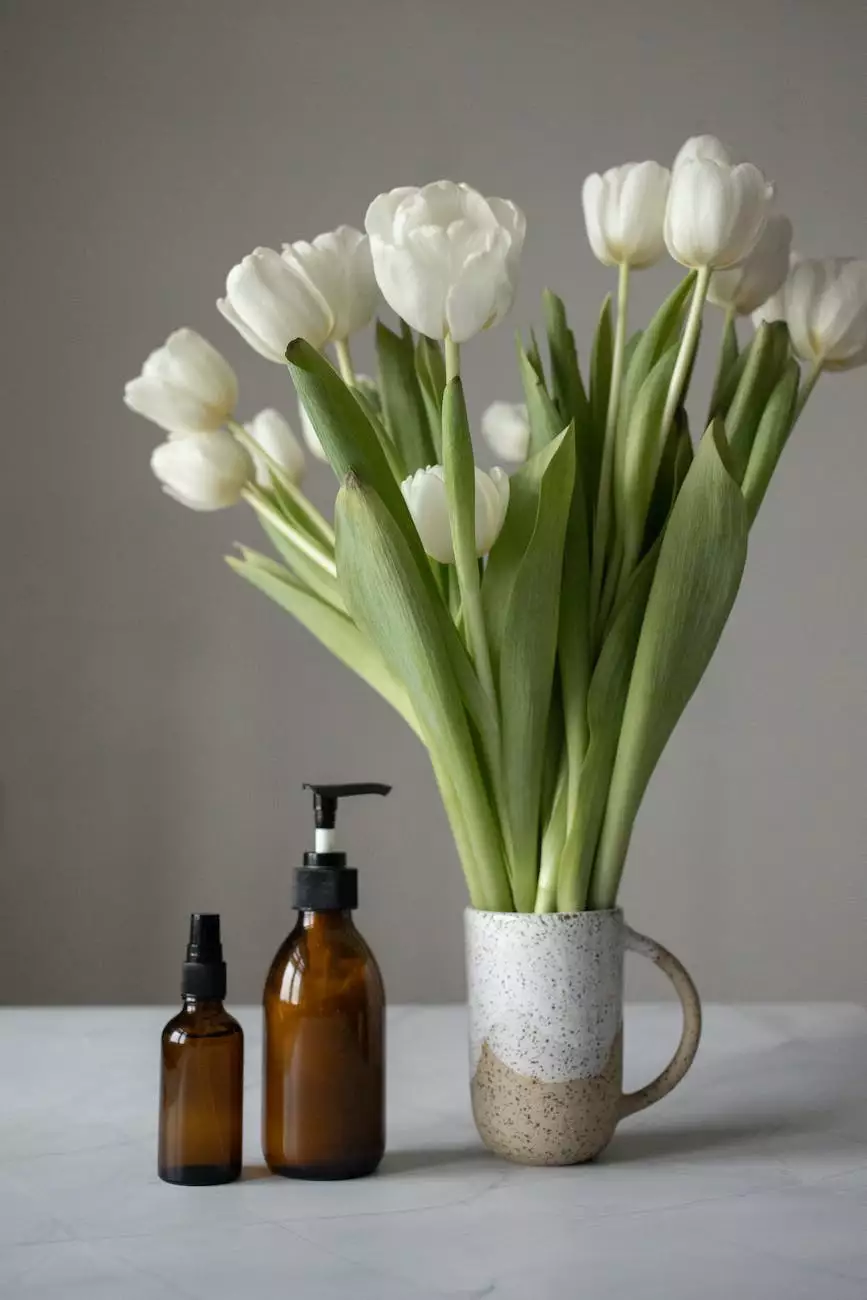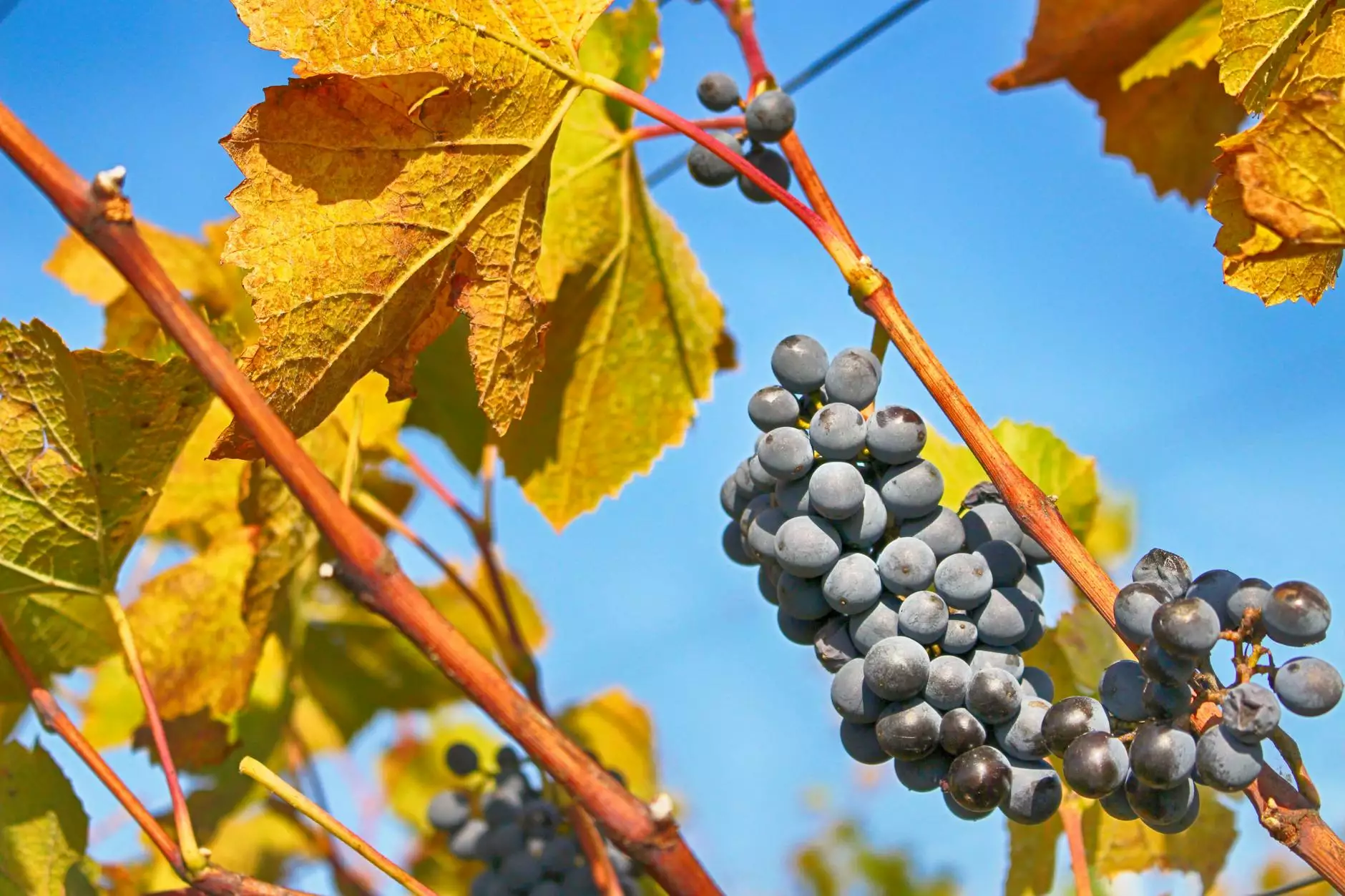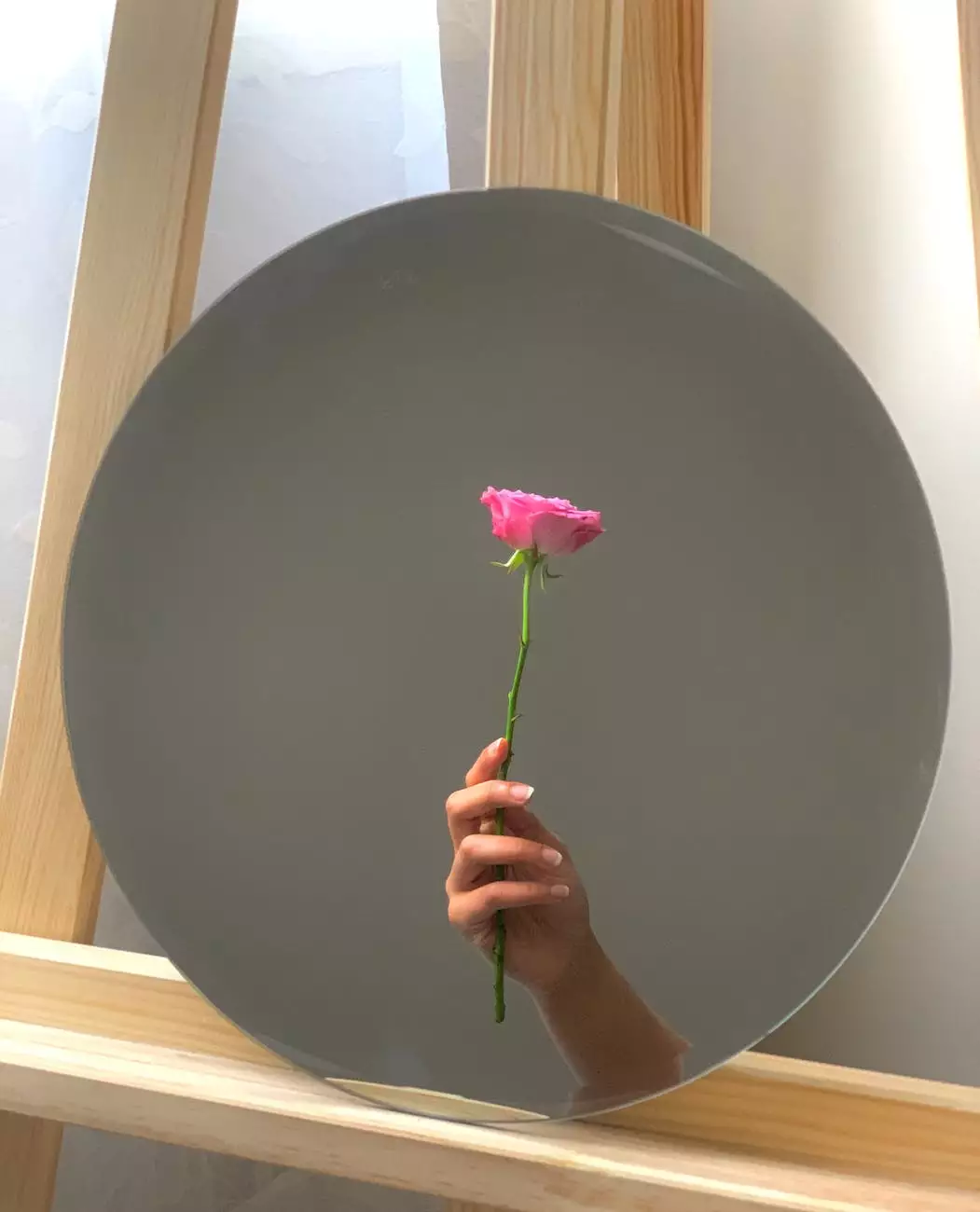Wine Tasting Qualities Debunked
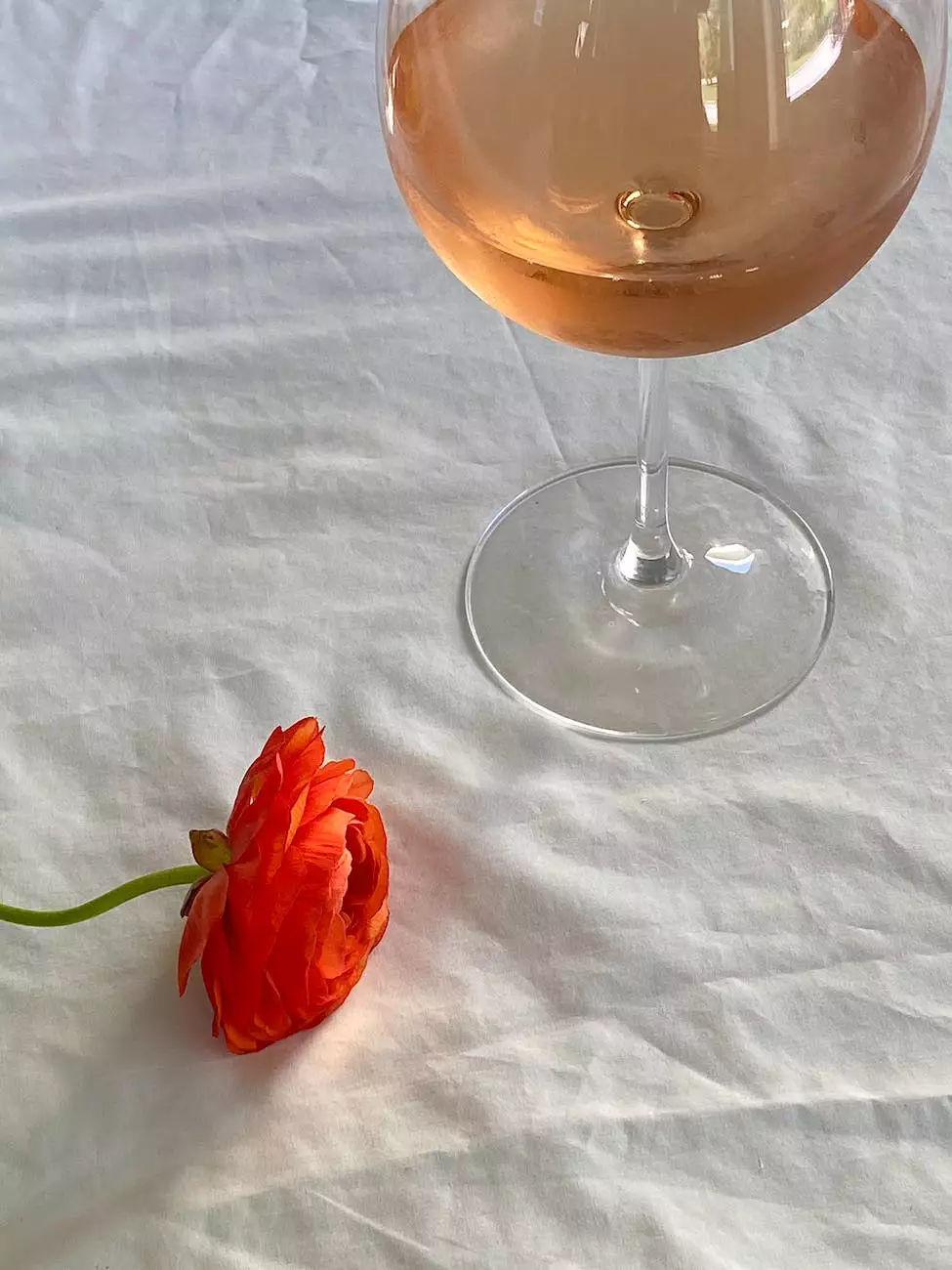
The Importance of Wine Tasting
As wine enthusiasts and professionals in the beverage industry, Sip Bartending understands the importance of wine tasting qualities when it comes to appreciating and evaluating different wines. Wine tasting goes beyond simply enjoying a glass of wine; it allows us to explore the intricate details and characteristics hidden within each bottle. In this comprehensive guide, we aim to debunk common misconceptions surrounding wine tasting and provide you with valuable insights to enhance your knowledge and appreciation of this timeless beverage.
Understanding Wine Tasting Qualities
When it comes to wine tasting, several key factors influence the overall experience and perception of the wine. Let's explore these qualities in detail:
1. Color
The color of wine can provide valuable information about its age, grape variety, and winemaking techniques. Reds can range from vibrant ruby to deep garnet, while whites can vary from pale straw to golden yellow. Observing the color of a wine helps to set initial expectations and can be an indicator of its overall quality.
2. Aroma
The aroma, also known as the wine's bouquet or nose, plays a crucial role in our sensory perception. By swirling the wine in the glass and taking a moment to inhale, we can detect a wide range of scents, including fruits, flowers, spices, and even earthy or herbal undertones. The aroma gives us a glimpse into the wine's complexity and can often reveal additional characteristics.
3. Taste
The taste of wine is where everything comes together. Our taste buds detect a variety of flavors, such as fruits, acidity, sweetness, tannins, and alcohol. The balance between these elements is crucial in determining the wine's overall quality and harmony. Tasting wine involves taking small sips, allowing the flavors to unfold on the palate, and noting the different sensations.
4. Body
The body of a wine refers to its weight and texture. It can range from light and delicate to full and robust. The body is influenced by factors such as the grape variety, alcohol content, and winemaking techniques. Understanding the body of a wine helps us pair it more effectively with different types of cuisine and occasions.
5. Finish
The finish of a wine refers to the lingering flavors and sensations that remain after swallowing. A long, complex finish is often a sign of a high-quality wine, as it indicates layers of flavors and a well-integrated structure. Paying attention to the wine's finish allows us to appreciate its overall complexity and evaluate its overall quality.
Enhancing Your Wine Tasting Experience
Now that we have explored the main qualities that make up a wine tasting experience, here are a few tips to enhance your enjoyment and understanding:
1. Practice Regularly
Like any skill, wine tasting requires practice. Regularly expose yourself to different wines, attend tasting events, and take notes on your observations. Over time, you'll develop a more refined palate and be able to identify subtle nuances in different wines.
2. Engage Your Senses
When tasting wine, engage all your senses. Observe the wine's color and clarity, inhale deeply to capture its aroma, take small sips to explore its taste, and pay attention to the mouthfeel and finish. By involving all your senses, you'll have a more immersive and fulfilling tasting experience.
3. Compare and Contrast
Try tasting different wines side by side to understand the variations in their qualities. Compare wines from different regions, grape varieties, or winemaking styles. Discover how each wine expresses its unique characteristics and learn to appreciate the diversity within the world of wine.
4. Seek Knowledge
Never stop learning about wine. Attend seminars, read books, or join online communities where you can interact with fellow wine enthusiasts and professionals. Expand your knowledge and discover new insights that will deepen your understanding of wine tasting qualities.
Conclusion
As you embark on your wine tasting journey, remember that wine is a sensorial experience meant to be enjoyed and shared. The qualities discussed in this guide merely scratch the surface of the vast world of wine tasting. By exploring different styles, regions, and varieties, you'll develop a personal taste and understanding that will enrich your appreciation of this timeless beverage. Sip Bartending is dedicated to providing valuable resources and guidance to wine lovers, empowering them to navigate the complexities of wine and elevate their tasting experiences. Cheers!

